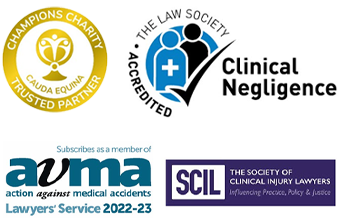Doctors must act upon the symptoms of sepsis as quickly as they would respond to the signs of a heart attack, new guidelines say.
The NHS guidance, published by the National Institute for Health and Care Excellence (NICE), urges medical professionals to react to the early signs of sepsis as an emergency.
Sepsis is a life-threatening condition that happens when a bacterial infection causes the immune system to go into overdrive.
It is responsible for 44,000 deaths in the UK every year, but a report last year revealed there were delays in diagnosing 36% of all sepsis cases.
The NICE guidelines clearly define the symptoms of sepsis, which include fast breathing, a fast heartrate and fever. It is hoped this will help minimise delays in treating the condition.
Prof Saul Frost, who chaired the group who developed the guidance, said the “thinking should be similar to considering that chest pain could be heart related.”
Could this be sepsis?
He added: “Anyone can succumb to sepsis. We want clinicians to start asking ‘could this be sepsis?’ much earlier on so they can rule it out or get people the treatment they need.”
The guidelines come at the same time as an alert from NHS Improvement, which has said reform is needed to prevent children dying of conditions such as sepsis while in hospital.
The watchdog suggested that poor monitoring causes 26% of preventable deaths in children and adults.
It says paediatric patients in particular can go unnoticed when their health deteriorates, and that parents’ concerns are often ignored.
It encourages parents to speak up if they feel their child is becoming increasingly unwell, without worrying about annoying doctors or repeating the same concerns.
Dr Mike Durki, NHS national director of patient safety, said: “Too many parents with unwell children aren’t encouraged enough by medical staff to raise concerns about their child’s care.”
“Time and time again – and in some cases tragically too late – we see that some children could have received better care if healthcare providers worked with parents to understand and treat deterioration in health.”
Expert legal advice
To speak to a solicitor about substandard medical care, please get in touch with us at Glynns Solicitors.
Share Article With:

|

|

|

|

|

|



